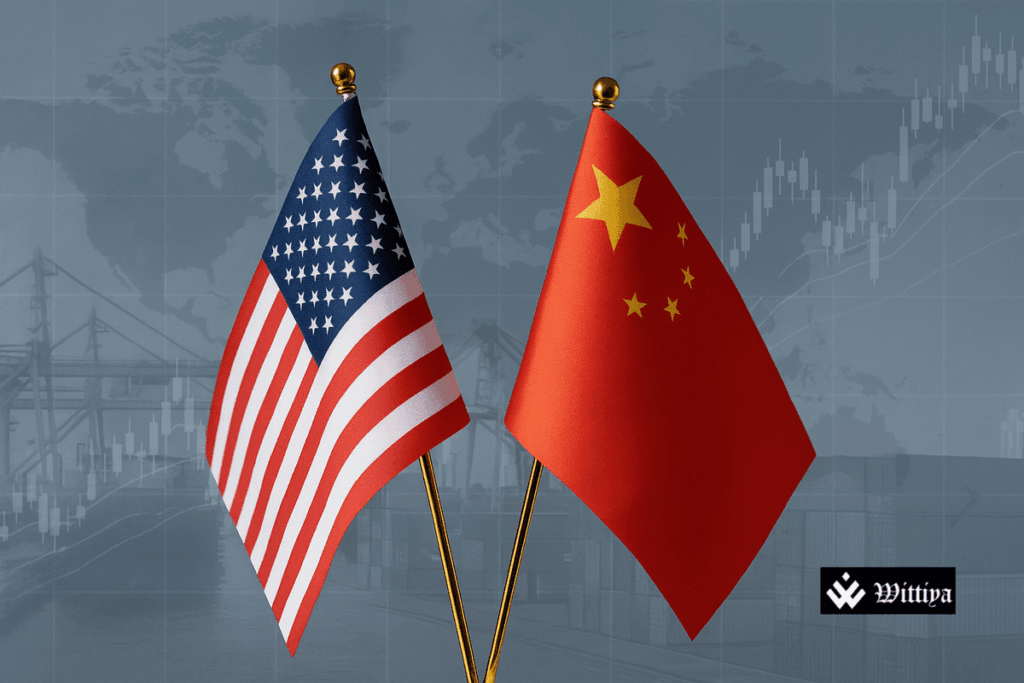In a significant breakthrough in global trade, the United States and China have agreed to drastically reduce tariffs imposed during their years-long trade dispute. Effective April 2, 2025, the U.S. has cut its tariffs on Chinese imports from 145% to 30%, while China has reduced its duties on American goods to 10% from a previous high of 125%. The agreement aims to restore balance in global supply chains and calm economic tensions.
In a pivotal move on April 2, 2025, the United States and China announced a mutual agreement to significantly reduce tariffs that were imposed during the height of their trade conflict. The announcement, seen as a turning point in global trade dynamics, comes after months of economic strain following renewed tensions during U.S. President Donald Trump’s second term.
The United States, which had levied a steep 145% tariff on most Chinese imports, will now reduce its duties to 30%, as reported by Bloomberg. In response, China will impose a new flat tariff of 10% on U.S. goods and suspend an additional 24% for a 90-day period. Furthermore, China confirmed the complete removal of the extra 91% tariffs that were implemented in retaliation, according to a Reuters report.
This mutual agreement is expected to recalibrate trade flows, particularly in key sectors such as electronics, automotive, agriculture, and industrial goods, which were severely impacted by the earlier tariff regime.
The Chinese Ministry of Commerce announced that the move is part of its broader strategy to de-escalate trade tensions and resume constructive dialogue with the United States. Alongside tariff cuts, China will also adopt administrative measures to suspend or eliminate non-tariff barriers previously enacted since April 2, 2025.
The trade war began during Donald Trump’s first presidential term and intensified after he returned to office in January 2025. Tensions reached new heights when the administration imposed reciprocal tariffs in early April, but the current agreement marks a stark reversal in strategy.
Analysts suggest the new measures could positively impact inflation control, ease supply chain disruptions, and improve investor sentiment across both nations.
